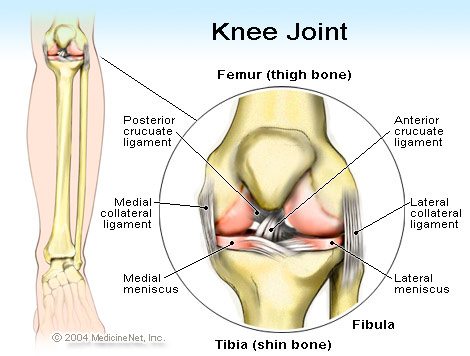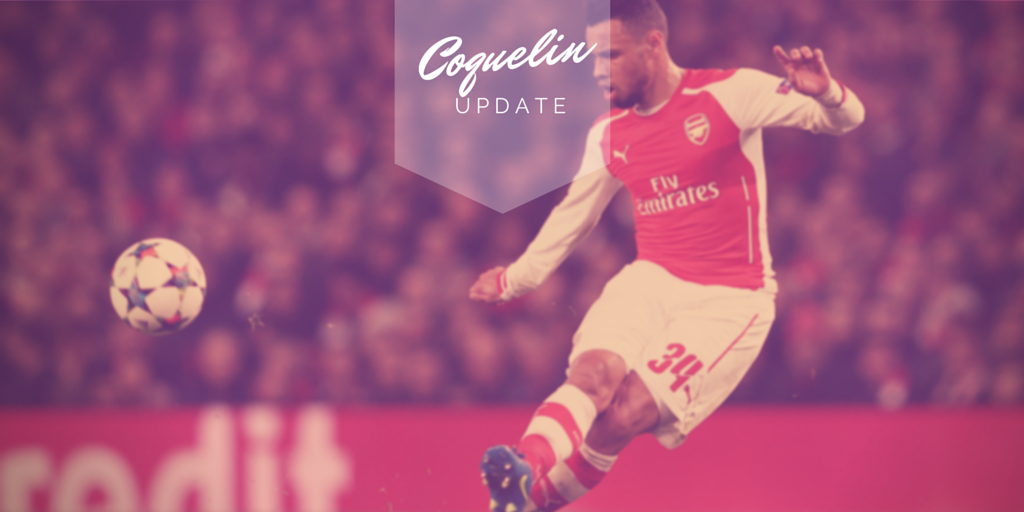We all looked on with horror as Francis Coquelin hobbled off the pitch after Claudio Yacob’s tackle, during Saturday’s match at the Hawthorns.
Preliminary scans after the match indicated this was a strain of the medial ligament requiring he miss a minimum of 2 months.
Arsene Wenger confirmed on Tuesday, that the injury was a bit more severe than initially thought, although it would not require any surgery. The Arsenal manager then provided a revised estimate of 12 weeks.
The injury itself is believed to involve the Medial Collateral Ligament (MCL), which connects the inside upper shin with the inside bottom thigh.
It is one of the various knee ligaments that keep the knee stable and flexible, including Lateral Collateral Ligament (LCL), which runs along the outside of the knee; as well as the Anterior and Posterior Cruciate Ligaments (ACL and PCL), which are inside the knee.

The MCL is usually injured from being over-stretched by pressure coming from the inside of the knee. In this case, Yacob’s foot dragging Coquelin’s leg outside of where it is normally supposed to go.
Depending upon severity, an MCL injury could range from a simple strain to a torn or severed ligament.
In Le Coq’s case it was stated that there was no surgery required and the recovery time is ‘relatively quick’ to be anything catastrophic.
This is a bright spot in a bad situation as it indicates that the ligament is just severely sprained and not torn or ruptured.
As a result, it should only require the usual treatment of rest, icing, compression, and elevation; followed by a period of rehabilitation, strength, and re-conditioning.
It is important to note that as with most ligament injuries, this was caused by external trauma and not from over-use.
As such, this was not a preventable injury and could not have been averted through any special diet, exercise, or training.
What will be key is how well Coquelin responds to treatment so that he can return quickly and be as effective as when he left.

